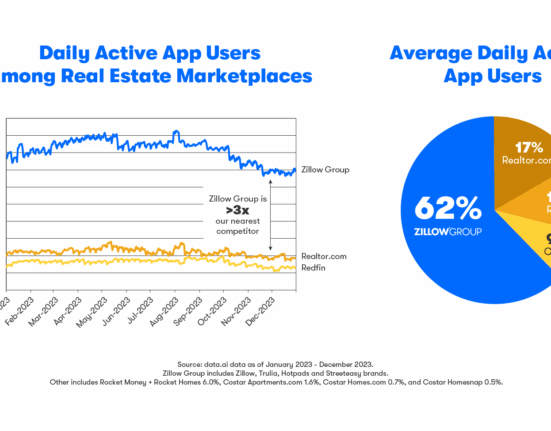US banks are currently embroiled in a battle over a recent regulatory requirement that would mandate the public disclosure of cyberattacks. This move, initiated by the US Securities and Exchange Commission (SEC), has sparked significant pushback from banking institutions across the country.
The Banking Sector’s Stand
The American Bankers Association (ABA), along with other prominent industry bodies like the Bank Policy Institute (BPI) and the Securities Industry and Financial Markets Association (SIFMA), are at the forefront of this resistance movement. Their primary contention against the ruling stems from its perceived imposition of unnecessary complexity and strain on their operational frameworks.
Amidst Ongoing Attacks
One key sticking point for banks is the prospect of having to disclose cyber incidents while investigations into these attacks are still ongoing. This raises concerns about prematurely revealing sensitive information before a comprehensive assessment of the breach has been conducted.
Expert analysts in cybersecurity have noted that disclosing such incidents prematurely could potentially expose vulnerabilities within a bank’s security infrastructure, making them more susceptible to further attacks.
The Impact of SEC’s Rule
The SEC’s “Cybersecurity Risk Management, Strategy, Governance, and Incident Disclosure Rule” was rolled out recently, outlining stringent protocols for reporting cyber incidents. Not only does it mandate timely disclosures but also necessitates an annual report detailing an institution’s cybersecurity risk management practices.
According to insights from industry insiders, this rule places added pressure on financial organizations to promptly report any breaches they encounter. Failure to comply could not only result in severe penalties but also potentially expose them to risks associated with ransomware attacks leveraging non-disclosure as leverage for extortion.
Industry Backlash and Lobbying Efforts
In response to these challenges, banking groups have engaged in extensive lobbying efforts seeking amendments or extensions to compliance deadlines related to data protection requirements. These efforts highlight the sector’s determination to navigate through regulatory obstacles without compromising on operational efficiency or customer security.
Moreover, similar developments have been observed globally, with countries like Australia implementing stringent regulations mandating organizations to disclose ransomware payments promptly. Such measures underscore a broader trend towards enhancing transparency in cybersecurity protocols worldwide.
Looking Ahead: The Future Landscape
As regulatory frameworks continue to evolve in response to emerging cyber threats, experts anticipate heightened scrutiny on industries handling sensitive financial data. The banking sector’s resilience in adapting to these changing dynamics will be crucial in safeguarding not just their own interests but also those of their customers relying on secure digital transactions.
In conclusion, while the clash between US banks and regulatory bodies persists, finding a middle ground that balances transparency with security imperatives remains paramount. As stakeholders strive towards achieving this delicate equilibrium, navigating through these turbulent waters will undoubtedly shape the future contours of cybersecurity governance within the financial domain.









Leave feedback about this